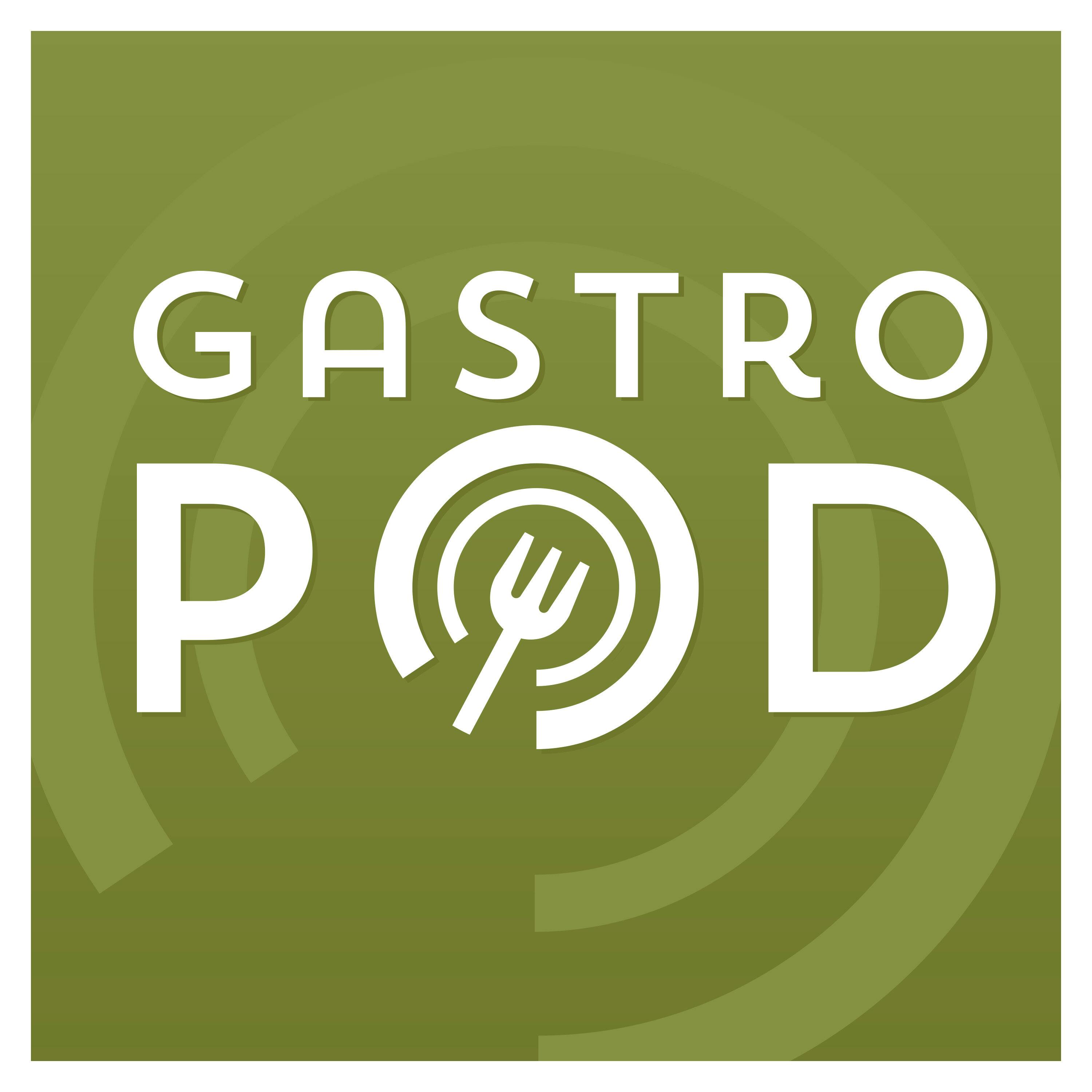
Bite: What America Could Taste Like
Gastropod
We promised we’d serve a bite-sized snack in between our full-length episodes, and here it is—a short and snappy update, in which we share two of the most interesting food history and science stories we’ve come across recently. This week is all about the ignored, overlooked, and (maybe) future foods and flavors of America. We’ll introduce you to the scientists using DNA sequencing to help them perform the very ancient human activity of crop domestication, and to a writer fighting to save Alaska’s most abundant and sustainable fishery. By the end of our conversation, we expect you’ll want to swap that all-American burger and fries for some wild salmon and mashed potato beans. (Don’t worry, you can still have a chocolate-chip cookie for dessert—in fact, it will be the ur-chocolate-chip cookie.) Episode Notes Here are links to the story and book we discuss in this bite-sized episode—both are well worth a read.“How we can tame overlooked wild plants to feed the world,” Hillary Rosner, Wired Much of what we eat today was domesticated when people were just learning to weave clothing and still thousands of years from developing an alphabet. Today we tinker—but only at the margins. Maybe we get higher yield here or resistance to corporate herbicide over there. As far as transforming plants from the wild into new well-bred row crops, though, progress pretty well stopped a millennium before Jesus ate a matzo. Read Hillary Rosner’s fascinating story about the scientists working to domesticate new plant species in full here.American Catch: The Fight for our Local Seafood, Paul Greenberg Paul Greenberg’s new book explores the United States’ fishy mathematics: 91 percent of the seafood Americans eat is foreign, but a third of the seafood Americans catch is sold to foreigners. That’s a problem, Greenberg convincingly argues, because if we don’t eat our oceanic bounty, we don’t care about its well-being. We are what we eat, we are told. But we Americans do not eat what we truly are. We are an ocean nation, a country that controls more sea than land and more fishing grounds than any other national on earth. And yet we have systematically reengineered our landscapes, our economy, and our society away from the sea’s influence. You can buy Greenberg’s book online here, and send a message to the EPA to protect the Bristol Bay fishery here. The post Bite: What America Could Taste Like appeared first on Gastropod. Learn more about your ad choices. Visit podcastchoices.com/adchoicesNext Episodes

Episode 1: The Golden Spoon @ Gastropod
📆 2014-09-07 01:50 / ⌛ 00:45:35